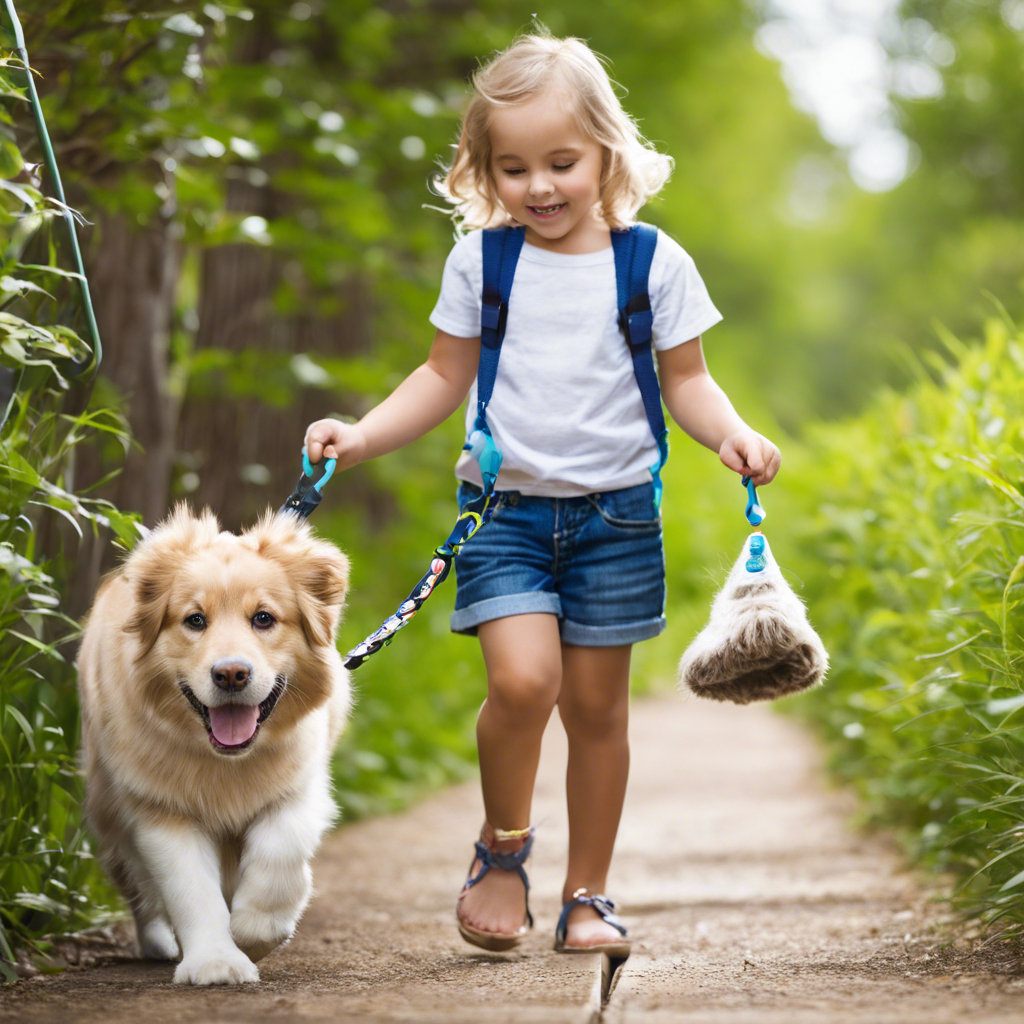Pet ownership can positively impact children’s social development, fostering empathy and social competence. This article explores the research and benefits.
Pets are an integral part of many families, and their impact on children’s lives is profound and multifaceted. The bond between children and pets goes beyond companionship; it can significantly influence their social skills and overall development. Numerous studies have explored the effects of pet ownership on children’s social competence, empathy, and communication abilities, revealing intriguing insights into the child-pet relationship.
From understanding the emotional needs of animals to developing a sense of responsibility, children who grow up with pets may gain a unique set of social skills that could benefit them throughout their lives. In this article, we will delve into the research and explore how pet ownership can shape children’s social development, with a particular focus on its influence on empathy and social interactions.
## The Science Behind Pet Ownership and Social Skills
Research has consistently demonstrated that pets play a vital role in children’s social development. When children interact with pets, they engage in various social behaviors that contribute to their overall competence in social situations.
### Empathy Development
One of the most significant findings is that pet ownership can foster increased empathy in children. A study published in the Journal of Applied Developmental Psychology found that children who owned pets, particularly dogs, were more empathetic and understanding of others’ emotions. When interacting with pets, children learn to recognize and respond to non-verbal cues, such as body language and facial expressions, which can translate into a heightened ability to understand human emotions.
### Social Competence
Research also highlights the positive impact of pet ownership on children’s social competence. A study conducted by the American Academy of Child and Adolescent Psychiatry found that children with pets were better at initiating interactions, had improved communication skills, and demonstrated increased empathy and self-esteem.
### Benefits for Children’s Development
The benefits of pet ownership extend beyond social skills. Animals can provide a sense of security and emotional support, which can be especially beneficial for children with social anxiety or those who struggle with peer interactions. The presence of a pet can serve as a social lubricant, making it easier for children to engage with others and form friendships.
–
Emotional Development:
Pets can help children understand and manage their emotions, encouraging emotional expression and regulation.
–
Responsibility and Independence:
Caring for a pet fosters a sense of responsibility and independence, teaching children valuable life skills.
–
Enhanced Communication:
Children who grow up with pets often develop more advanced communication skills, learning to express their thoughts and feelings effectively.
## Real-World Examples and Testimonials
To further illustrate the impact of pet ownership, let’s explore some real-life examples and testimonials from parents and experts.
“Our son struggled with social interactions at school, but everything changed when we adopted a dog. He became more confident and started initiating playdates with his classmates. The dog has taught him empathy and the importance of caring for others. It’s been a game-changer for his social development.” — Sarah, mother of an 8-year-old boy.
## Frequently Asked Questions
Here are some common questions parents might have about the influence of pet ownership on children’s social skills:
### How early can children benefit from pet ownership?
The benefits of pet ownership can start at a young age, even during infancy. Babies and toddlers can learn about empathy and gentle touch through interactions with pets, setting the foundation for positive social development.
### Can pets help children with autism or other special needs?
Absolutely, pets can be incredibly beneficial for children with autism or other special needs. They can provide a source of comfort, encourage social interaction, and teach children about boundaries and appropriate behavior.
## Conclusion
Pet ownership offers a wealth of benefits to children’s social development, including enhanced empathy, improved social competence, and valuable life skills. The bond between children and pets is a powerful tool for teaching essential social and emotional lessons. As research continues to uncover the positive effects of pet ownership, it is clear that pets play a vital role in shaping children’s social skills and overall well-being. By understanding and embracing this relationship, parents can foster a nurturing environment that promotes healthy social development and a deep sense of compassion for all living beings.
## Relevant External Links:
1. [American Academy of Pediatrics Article: The Power of Pets](https://www.aap.org/en/advocacy-and-policy/aap-health-initiatives/children-and-media/media-and-children-expert-resources/Pages/The-Power-of-Pets.aspx)
2. [The Impact of Pets on Children’s Social Development Research Study](https://www.researchgate.net/publication/271652059_The_impact_of_pets_on_children%27s_social_development)
3. [Benefits of Pet Ownership for Children’s Health and Well-being](https://www.ncbi.nlm.nih.gov/pmc/articles/PMC7118078/)
